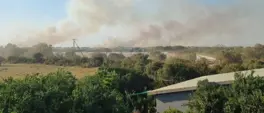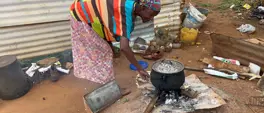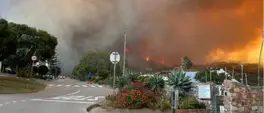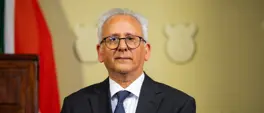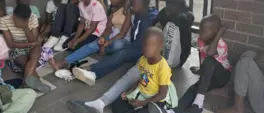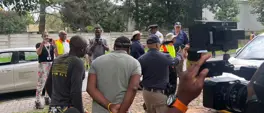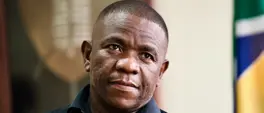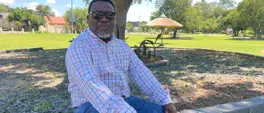GBV 'has to be treated like the emergency that it is' - activist Camagwini Mavovana
Kabous Le Roux
21 November 2025 | 11:27Activists are urging President Ramaphosa to declare gender-based violence a national disaster, saying only emergency action and funding can stop the ongoing crisis claiming women’s lives.
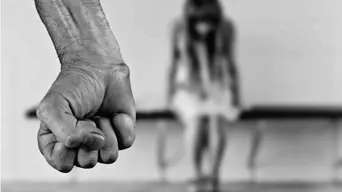
Picture: Pixabay Fist aggression GBV gender based violence
As tens of thousands of women take to the streets across South Africa, their message rings clear: the current classification of gender-based violence as a "national crisis" is simply not enough. The country where a woman dies every 2.5 hours due to violence demands more decisive action from its leadership.
Gender scholar and activist Camagwini Mavovana voiced the frustration felt by many during the national shutdown.
"Women, children, and LGBTQI people are just drawing a line," she explains. "Violence against women, children, and the community is not normal. It's not acceptable, and it cannot be managed with slow politics. It has to be treated like the emergency that it is."
The movement has gained significant momentum, with over a million signatures on a petition and a visible "purple wave" across social media platforms. Women are demanding that gender-based violence and femicide (GBVF) be declared a national disaster, not just a crisis, to unlock emergency funding and bypass bureaucratic systems that delay meaningful action.
"Women are not dying from a lack of acknowledgement. They are dying from a lack of emergency action," Mavovana emphasised. "A crisis that is not backed up by disaster-level powers or any kind of resources is not going to help us."
When confronted with the troubling listener suggestion that "women must change their lifestyle" as they are "the cause of their issues", Mavovana firmly rejected this harmful narrative. "The focus here is not on the victims. It's on the perpetrators. It's on the deep systemic culture that has been ingrained in our bodies, in the men in the country," she responded.
The national shutdown coincided with G20 leaders meeting to discuss solidarity, equality, and sustainability, a timing that Mavovana found particularly poignant. "Sustainability is impossible when women's lives are disposable," she noted. "There cannot be any sustainable development built on unsafe women."
The stark reality of South Africa's justice system further compounds the issue.
Even when apists are convicted and sentenced to 20 years, they typically serve only three to five years, and that's just for the small percentage who face conviction at all.
To hear more insights about this critical issue and the movement for change, listen to Mavovana below:
Get the whole picture 💡
Take a look at the topic timeline for all related articles.




